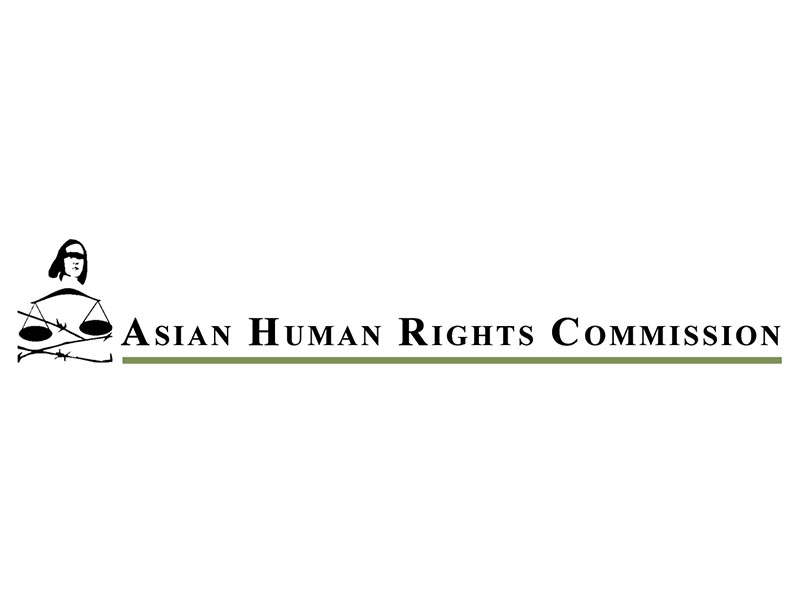AHRC tells govt to withdraw Media Council Bill
Kathmandu, May 31
The Asian Human Rights Commission today accused the government of repeatedly throttling the civil society, media and human rights organisations.
A press statement released by the Hong Kong-based AHRC said even the National Human Rights Commission had now come under its ambit. “The incumbent government led by the Nepal Communist Party (NCP) does not like civil society questioning its business. In an attempt to silence critical voices, the government is trying to control civic space, and curtail freedom of speech in the country,” the release stated.
According to the AHRC, the government has registered an amendment to the NHRC Act, 2012. The proposed bill contravenes the provisions relating to the NHRC as enshrined in the Constitution of Nepal, and in the United Nations’ basic principles for National Human Rights Institutions. The Constitution of Nepal vests primary responsibility in the NHRC to protect and promote human rights of Nepali people. The NHRC currently enjoys ‘A’ status worldwide, which it may lose if the government pushes through the proposed amendment, stated the release.
The amendment bill gives discretionary power to the attorney general to investigate and implement recommendations made by the NHRC (Section 17a), and allows the government’s interference in the financial autonomy of the NHRC. It also proposes cancellation of the NHRC’s provincial and contact offices. “This will limit the jurisdiction, autonomy and independence of the NHRC, turning it into a government puppet. Lack of provincial and contact offices will prevent victims of human rights violations and their families from timely reporting to the NHRC and in seeking assistance. In order to maintain credibility, impartiality, and autonomy of the NHRC, the government must revise the bill,” the AHRC warned.
Besides targeting the NHRC, the government has registered the Media Council Bill to control media. The proposed bill seeks to impose a fine of up to one million rupees on media and journalists, including editors, who tarnish the image of any individuals. Another bill on mass communication proposed the confiscation of media equipment, a fine up to Rs 10 million, and 15 years of imprisonment for mediapersons, who are found to have engaged in publication of contents ‘undermining national sovereignty and national integrity’. “This provision gives the government room to target persons at its discretion. Ultimately, the press, considered a fourth estate of the nation, will come under the scrutiny of the nation itself. The bill must be revised without any delay to ensure press freedom in the country,” it suggested.
The AHRC said it had serious objections to Nepal government’s attempt to bring in these bills without amendments. “They must be revised with due consultation in order to keep democratic space alive in Nepal,” it stated. The AHRC has also called for national and international groups to lobby the government to withdraw these bills. “When there are no critical voices in the country, the government can run the country under its monopoly, controlling the human rights, freedom of speech, and freedom of movement of common people,” the AHRC said.






